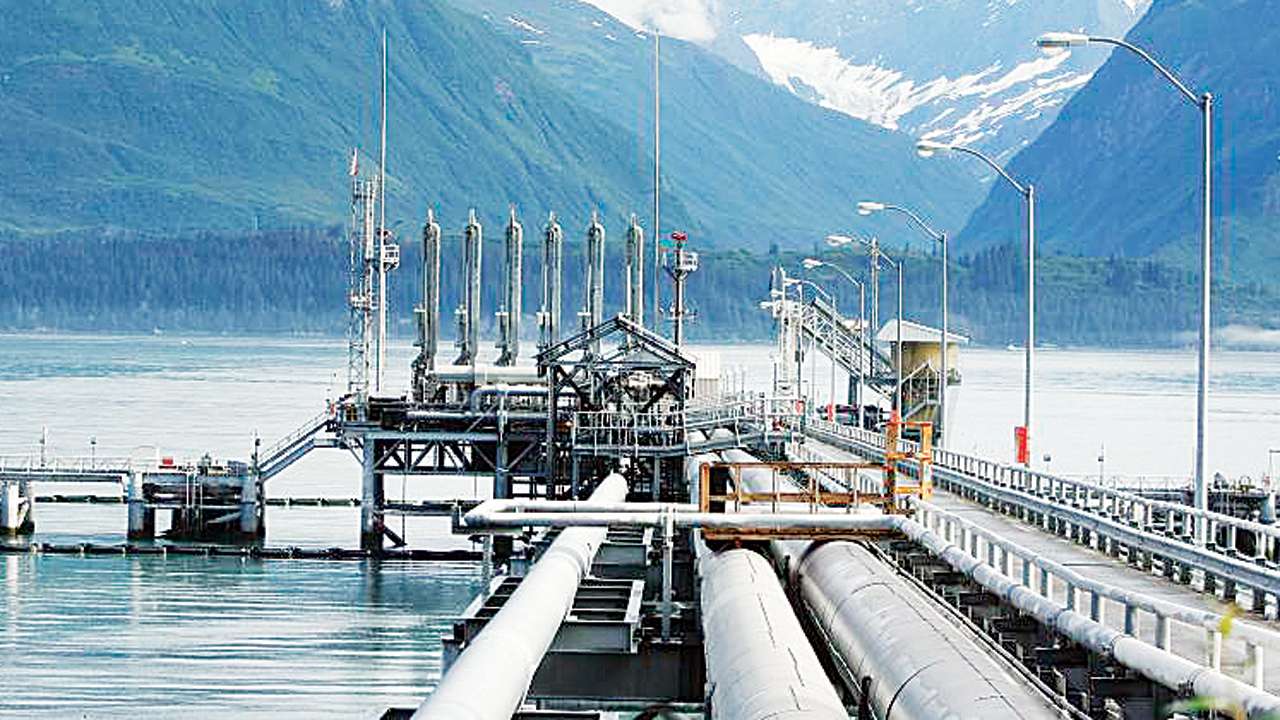
Diplomatic policy circles are abuzz with the possible implications of the diktat from the Trump administration that all oil imports from Iran must be stopped from November 4. With the US administration stating that all countries failing to meet this deadline shall face the prospect of sanctions, there is little doubt that it amounts to a threat to India’s interests. Iran is not only a major supplier of oil to India, but it is also India’s gateway to Eurasia and Afghanistan.
Iran is no stranger to turmoil regarding its oil supplies. Following the end of World War II, the Iranian government proposed that the Anglo-Iranian Oil Co. should increase the low revenue share the company allowed it for the world’s most lucrative oil exploitation. On March 15, 1951, the Iranian Parliament, the Majlis, voted to accept the Mossadegh commission’s recommendation and nationalise, with fair compensation, the Anglo-Iranian Oil Company.
In British eyes, Iran had committed an ‘unforgivable’ sin. It had acted to assert its ‘national interest’ over British interests. But Tehran felt otherwise. In 1948, Iran calculated that on its production of 23 million tons of Iranian oil, the Anglo-Iranian Oil Co. made a profit of $3,20,000,000, while paying Iran a royalty of just $36,000,000.
Nevertheless to punish Iran for its transgressions, the CIA cooperated with British SIS to overthrow of democratically elected Prime Minister Mohammed Mossadegh in August 1953. The young Reza Shah Pahlevi was then propped up by the Anglo-Americans alliance as opposition to Mossadegh. With the return of the Shah as leader, economic sanctions were lifted as Anglo-American oil interests had prevailed. The British and the Americans had shown what they were prepared to do in the post-war era to anyone who tried to challenge their mandate. Ironically, those same Anglo-American ‘interests’ would turn on the Shah himself some 25 years later.
Nothing much has changed since then. In 2012, then US President Barack Obama did a Trump of sorts calling upon the world to ‘forge ahead’ with tough sanctions on Iran, saying there was enough oil in the world market – including emergency stockpiles – to allow countries to cut Iranian imports. In support of his case, Obama said increased production by some countries as well as ‘the existence of strategic reserves’ had helped him come to the conclusion that sanctions could go ahead. During that time, India was one of the few countries that continued to buy Iranian oil. However, it had to reduce imports as shipping, insurance and banking channels were choked due to the European and US sanctions.
Today India’s stance seems to be much the same. ‘India’s bilateral relations with Iran stand on their own and are not influenced by India’s relations with any third country,’ Minister of State for External Affairs VK Singh said in a written reply to a question on whether India will continue its economic relations with Iran in terms of both oil imports and investment in the Chabahar port. Singh also reiterated India’s stand that the Iranian nuclear issue should be resolved through dialogue by respecting Iran’s right to peaceful uses of nuclear energy. “The government will take all necessary measures to safeguard national interest,” he said.
So far, India does not seem to have wavered from its stand. Union Minister for Petroleum and Natural Gas Dharmendra Pradhan assured reporters in Mumbai that the country would attend to its “interests’ while deciding on oil imports. But other reports claim that India’s oil ministry has asked refiners to prepare for a ‘drastic reduction’ or ‘zero’ imports of Iranian oil from November. This indicates that New Delhi may yet have a change of heart.
The decision to cut down oil from Iran, India’s second largest oil supplier will be seen in many contexts. For one, countries will now see India as abandoning its principled stance of non-alignment and there are fears that the US will treat India as a ‘client state’ and further compromise on its areas of influence. Apart from compromising on India’s energy interests, any move to accommodate the US can affect Indian defence interests in Russia and its interests in Afghanistan. The other problem, not just for India but for other countries in need of oil, are the threats being issued by Tehran. About 20 per cent of the world’s oil passes through the Strait of Hormuz, including crude oil produced in Saudi Arabia, Iran, and Kuwait. Should Iran really block the waterway, world oil prices would soar.
The US bid to pressurise India is in tune with former US Secretary of State Henry Kissinger’s instrumentality in bringing India within the American arc of influence in Asia. However, in doing so there is little concern on their part about India’s strategic imperatives and geopolitical outreach.
Like the Doklam issue, Iran is a test case for Indian diplomacy. The consequences of going against the US line is tough but there are bigger problem for India if it succumbs to American pressure. Not only will India be seen as reneging on bilateral agreements but it will also lose out cheaply to China in access to energy-rich Central Asia. Like Doklam, India needs to maintain a stand on the Iran issue and work out possible solutions for a fallout with the US.
The author is a teacher and commentator on geopolitical affairs. Views are personal.